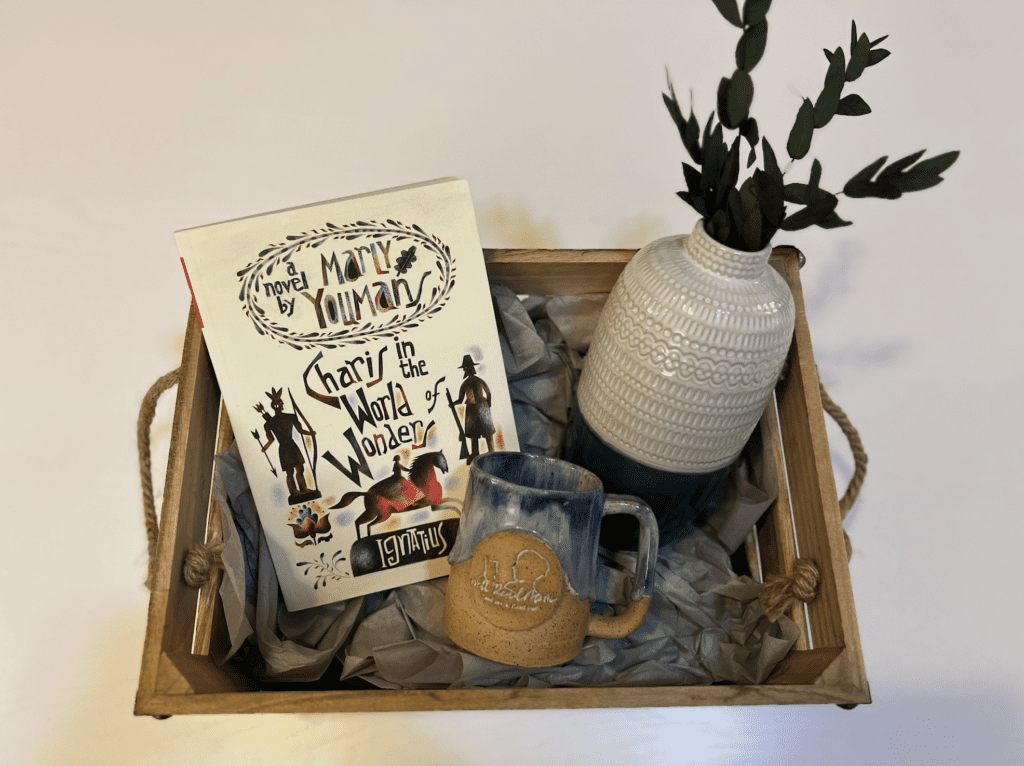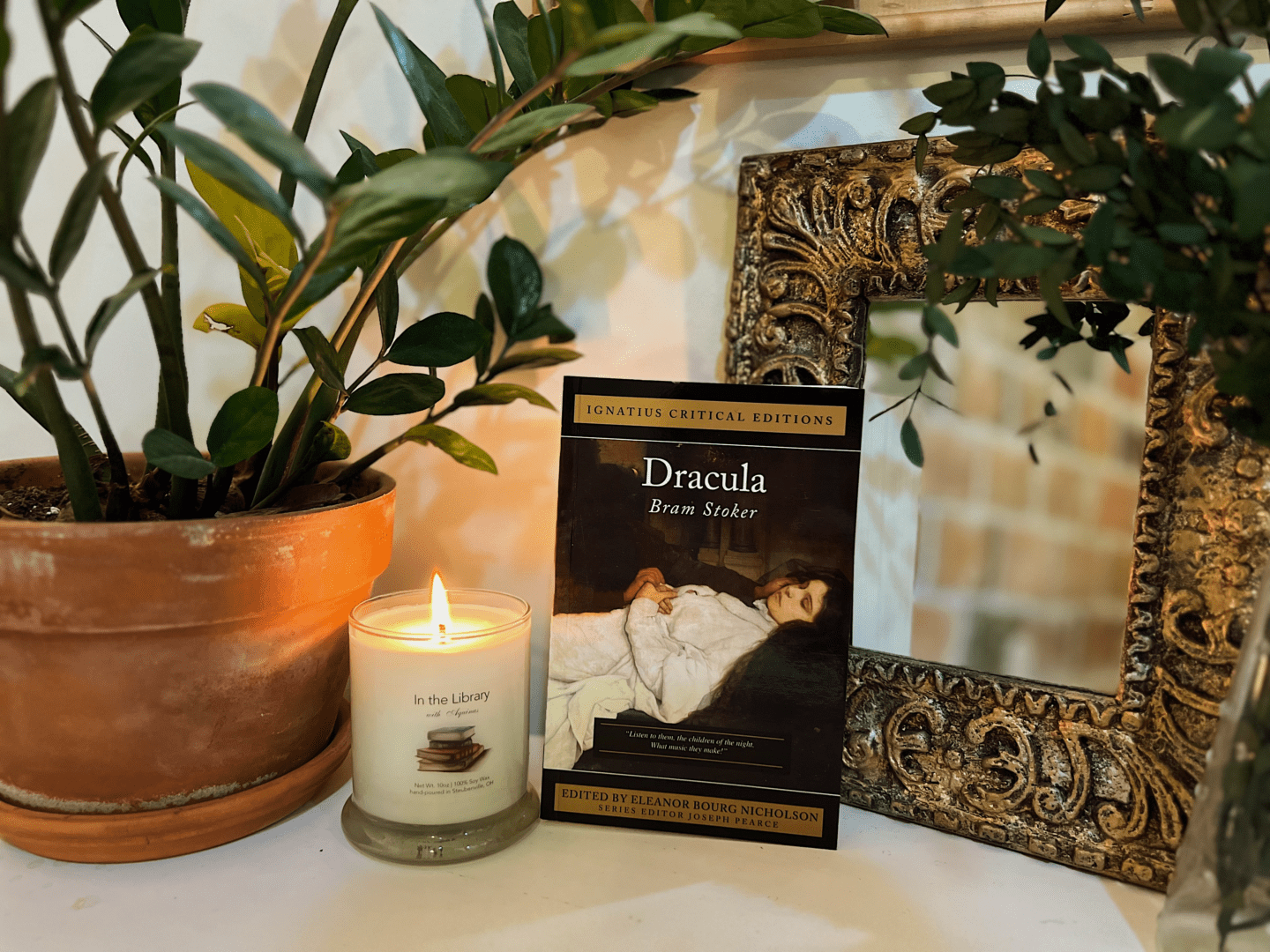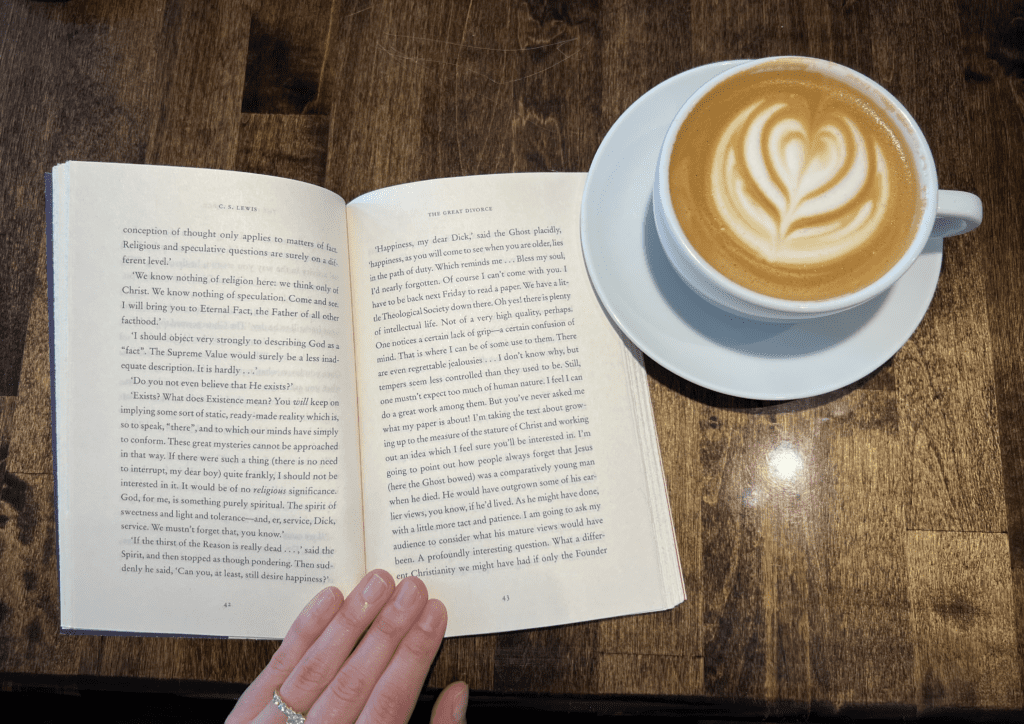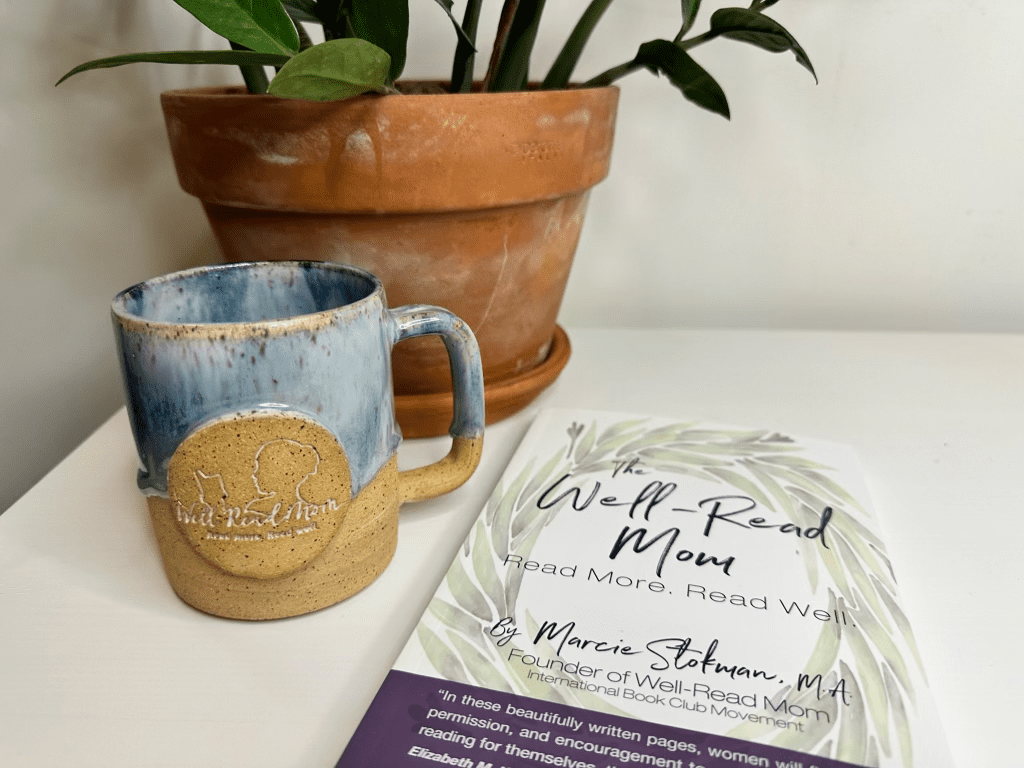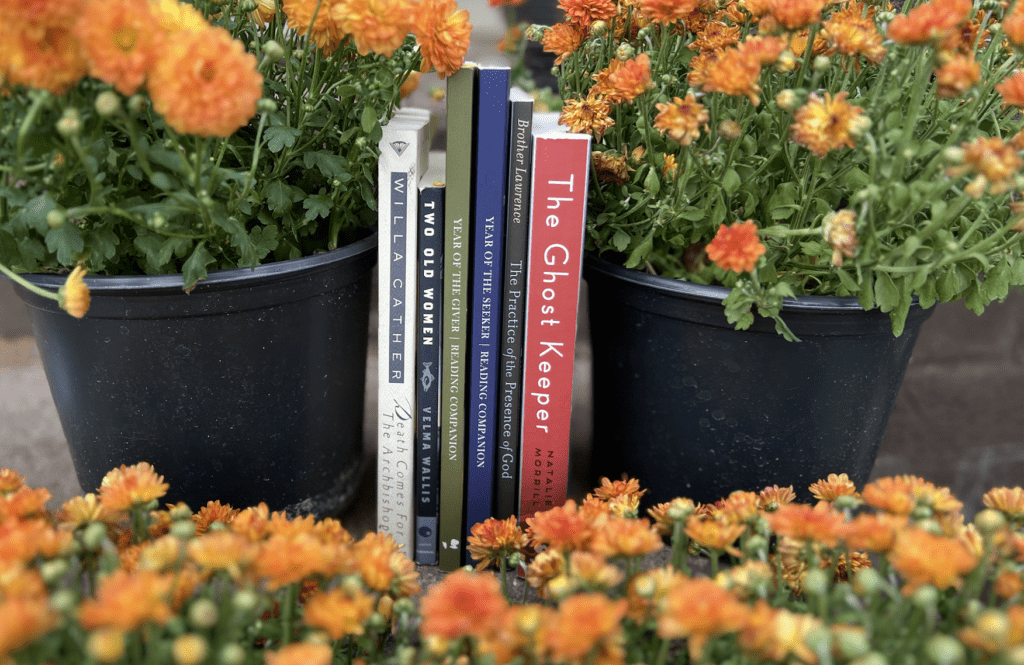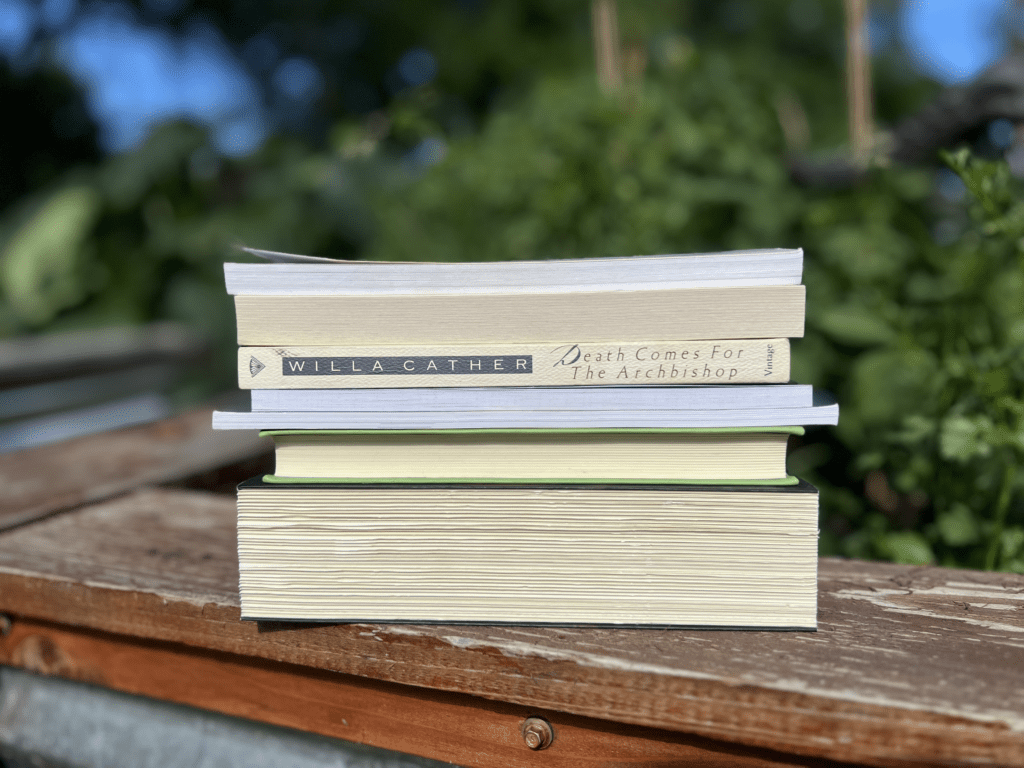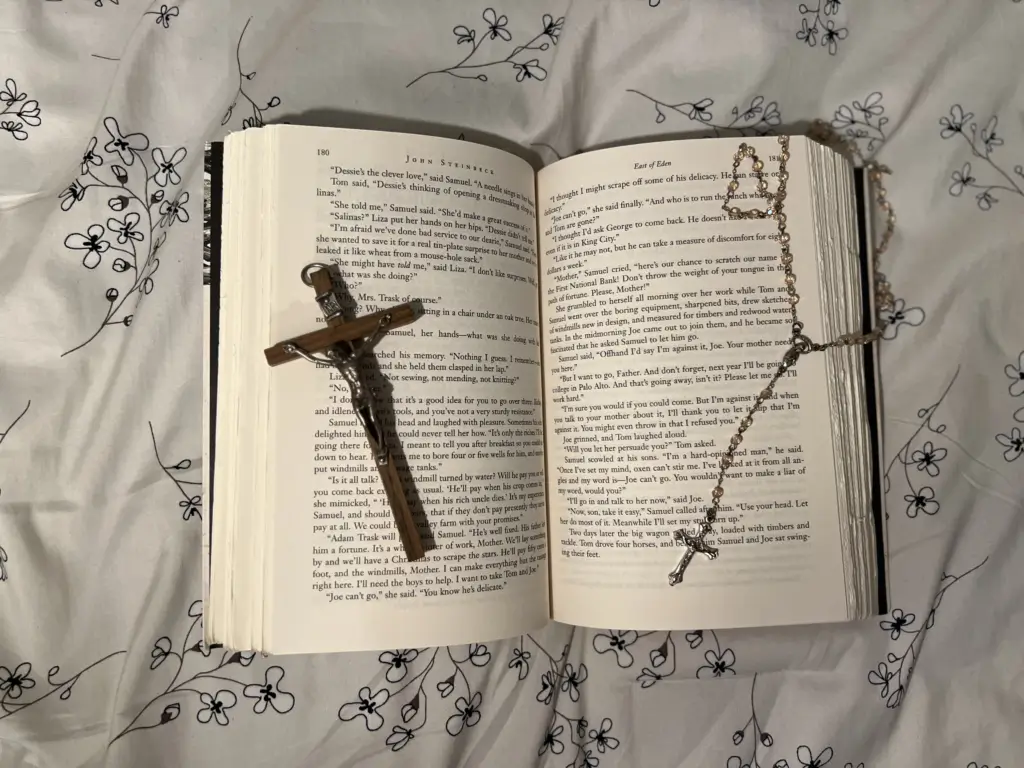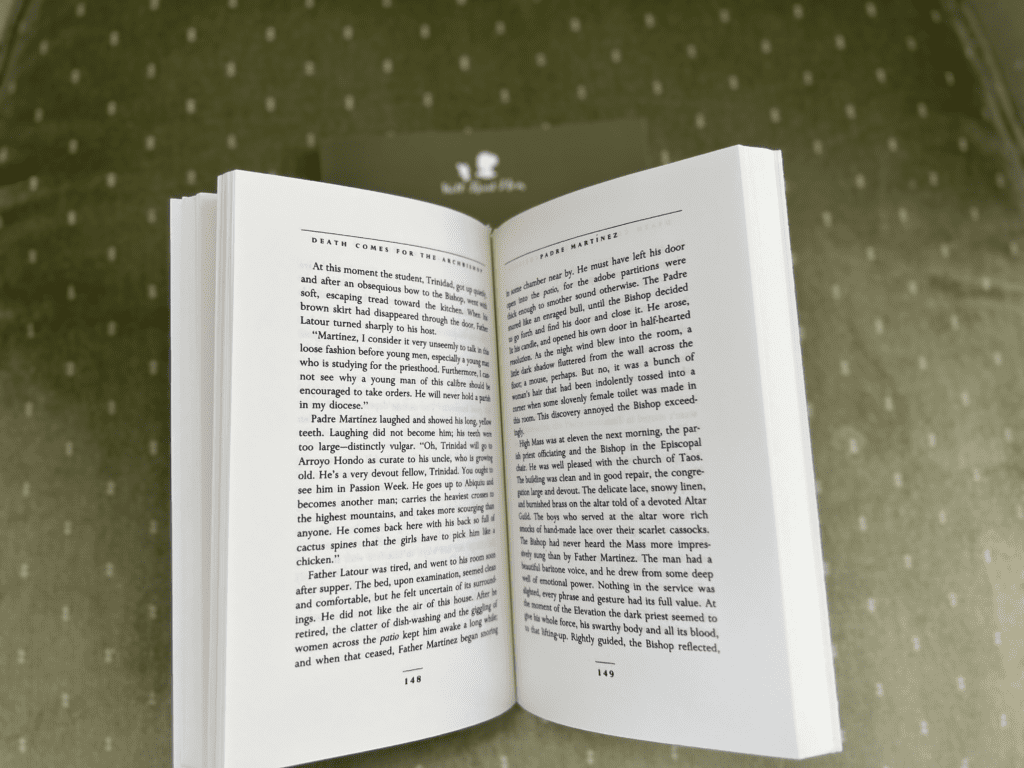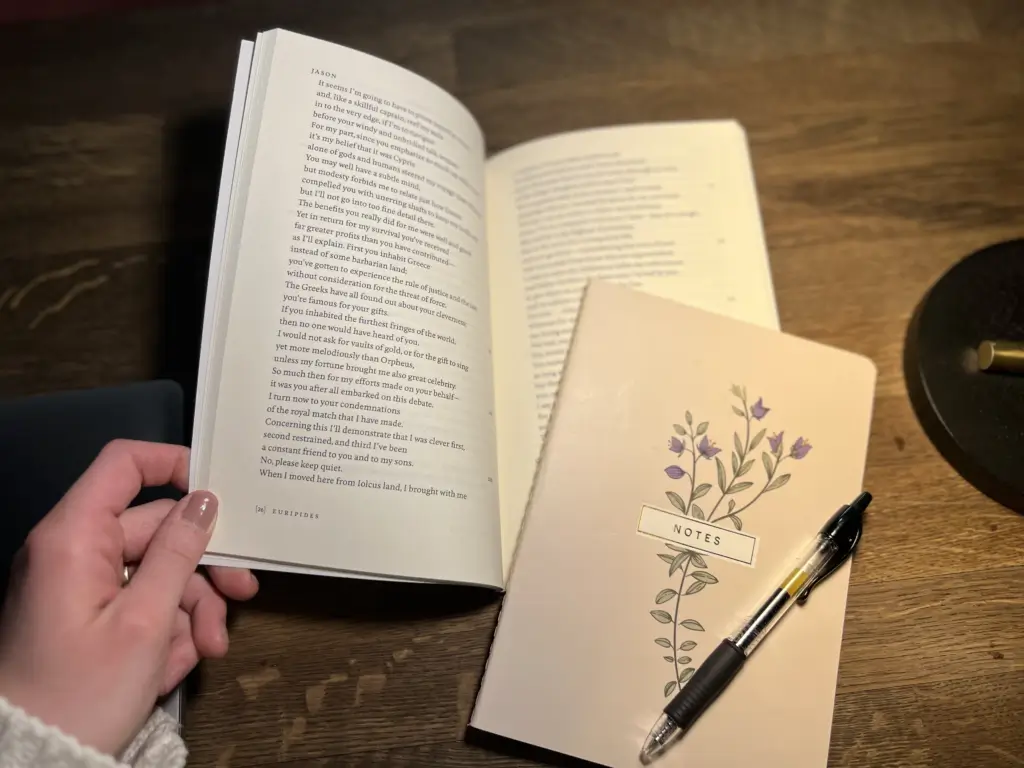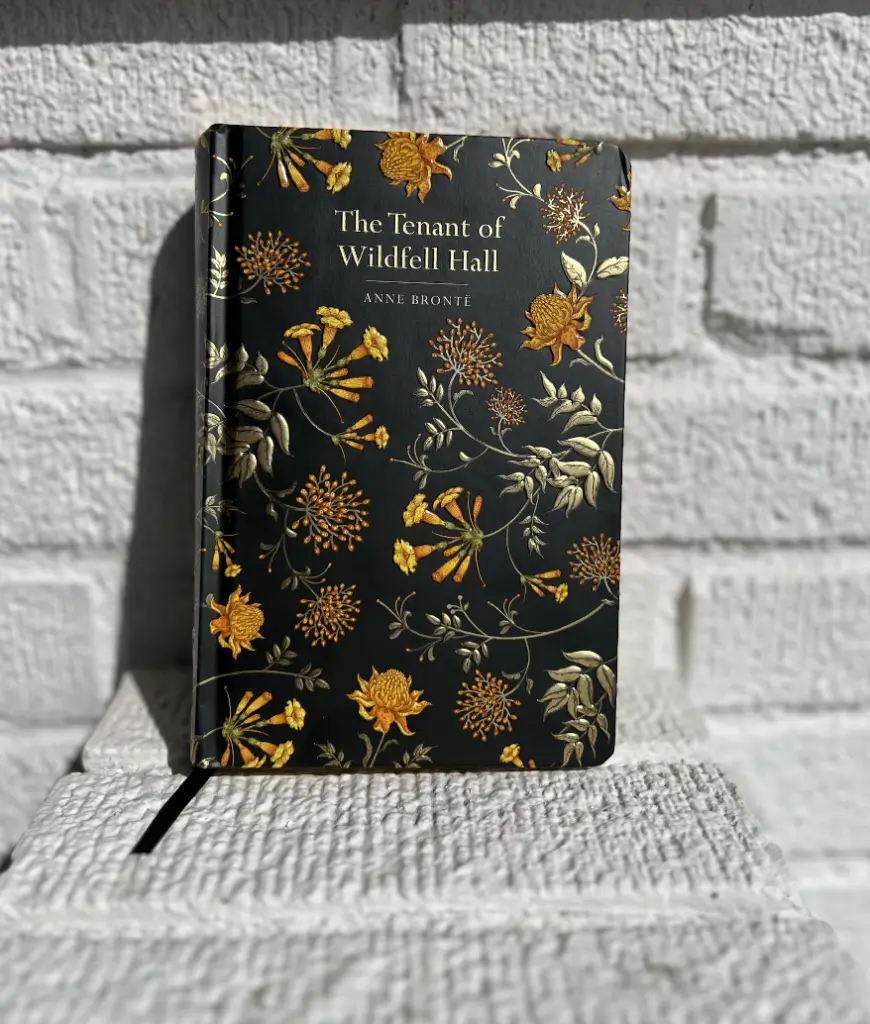Posts Tagged ‘books’
To Be Charis in a World of Victims
Charis’s lack of a crisis of faith and her lack of acceptance of victimhood as her identity struck me. In a world where victimhood seems to be a surefire way to gain social status, what a refreshing and inspiring tale!
Read MoreVampires Aren’t Real, but Evil Is
This month, we read Dracula. That’s not what I was expecting from Well-Read Mom. But as I read the depictions of evil beating against Lucy’s window, I found myself silently urging her friends for greater vigilance in their fight to save her from its clutches; I saw clear parallels in my own life.
Read MoreReclaiming the Joy of the Now: A Gift from the Sea
While I seem to garner bits of wisdom from all the literature encountered through Well-Read Mom, I must say that, of all the writings from this past Year of the Giver, Anne Morrow Lindbergh’s Gift from the Sea most profoundly stirred the desire for meaningful, practical change in my own life. Written over seventy years ago, Lindbergh’s almost prescient advice for combating the encroaching chaos of modern living.
Read MorePutting Ourselves at the Bottom of the Priority List
Many women hold a deep (perhaps subconscious) belief that self-care is selfish. They conclude that it’s okay to take care of themselves if—and only if—everyone else’s needs are met. This belief is illogical. A woman spiraling in this direction is in danger of being depleted. And a depleted soul has little to give anyone. This type of unbalanced martyrdom ends up actually hurting the people we love because we destroy our own capacity to serve them. I know this from experience.
Read MoreA Reflection on the Year of the Giver
As we’ve explored the ideas of gift, givenness, and the Giver, we must ask what role we play. I think the answer is to trust that our primary job is to accept and “open” the gift. But receiving is not just a passive endeavor; we must actively participate in it. In doing so, we grow in our capacity to receive. May we all accept God and His gifts for each of us: His word, sacraments, and the people He has placed in our lives. May we always seek Him with the trust that, by doing so, we will know Him. Thankfully, we get to spend all of next year exploring the idea of seeking.
Read MoreWilla Cather and the Artist of All Art
I wonder what Willa Cather would think about her biographies. A famously private person, she destroyed many drafts and personal letters before her death. While this leaves many fundamental questions about her life unanswered, her published works offer undeniable evidence of her religious sensibilities. She often weaves together her characters’ search for meaning with her own. Because the Christian tradition formed Cather’s life, her readers must interpret her writing in that context.
Read MoreThe Hard yet Fruitful Components of Literature
When we read literature, we consider hard questions. What should the character have done? What would I do in his situation? Which character do I want to emulate? From what must I repent? Over and over again, Well-Read Mom offers us beautifully challenging books that force us to consider these questions.
Read MoreLaying Stones for the Cathedral: The Sacrificial Love of the Missionary and the Mother
Each time I pick up a new novel, I am struck by how difficult it can be to acclimate myself to the unaccustomed literary landscape. Familiarizing oneself with new characters, settings, and themes can be challenging. Additionally, writing styles can be jarringly different from one author to the next, and the dissimilarities can leave us feeling dizzy, confused, or disoriented. As I trudged along through the sleepy and slow-moving opening chapters of Willa Cather’s Death Comes for the Archbishop, I felt disengaged and subsequently unmotivated by this selection—so foreign to my literary sensibilities and typical longings for witty banter and intriguing plotlines. Yet, as the novel serenely unfolded, I realized that this series of quiet, almost picturesque vignettes was a disarming invitation to examine the unforeseen depth of a simple yet moving, all-encompassing surrender to the Divine Will.
Read MoreThe Will in Relation to Reading
Anne Bronte and Charlotte Mason were near contemporaries. When Mason was six years old, Tenant was published, so it isn’t surprising that the two would both be concerned with character formation in the same Victorian British way. Bronte doesn’t shy away from exploring the ideas of virtue and vice and even tells us in her preface, “I wished to tell the truth, for truth always conveys its own moral to those who are able to receive it” (5). As she warned, this statement made the book a bit heavy-handed in parts and detracted from my “immediate pleasure” in reading. Yet the characters are so beautifully drawn that they come alive on the page. Examining this book through the lens of Mason’s “Way of the Will” gives us two characters who perfectly embody each side of the line.
Read More“Not Counting the Cost”: Reflections on The Tenant of Wildfell Hall
One of the most cherished aspects of the Well-Read Mom is how it continually introduces me to new books. Not only have these works increased my own understanding, but they have also provided me with invaluable wisdom to bequeath to my children. What a joy it is to discover an ever-growing treasure trove of literary works that will serve my daughters (and sons!) as they navigate young adulthood, discern vocations, consider marriage, and examine a host of other weighty life questions!
Read More
